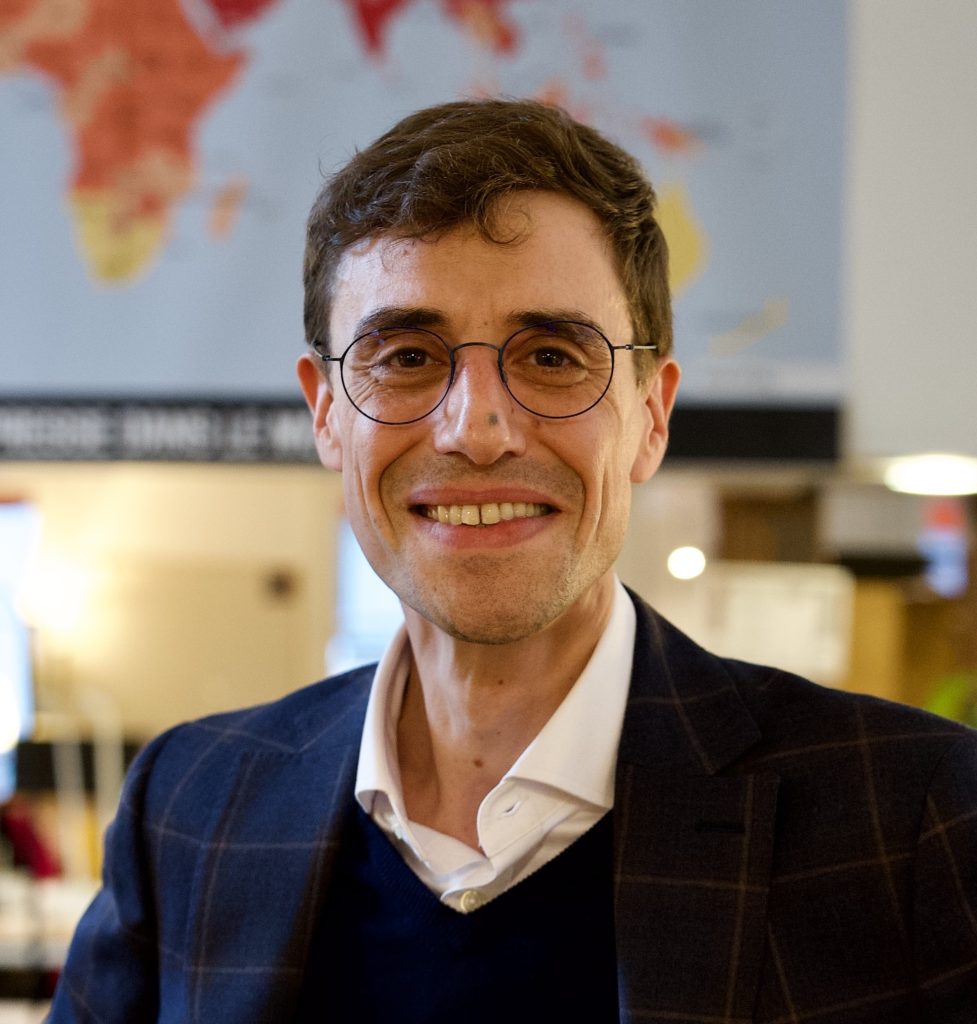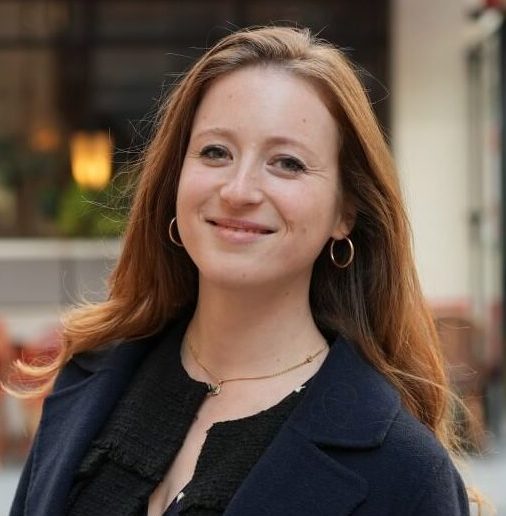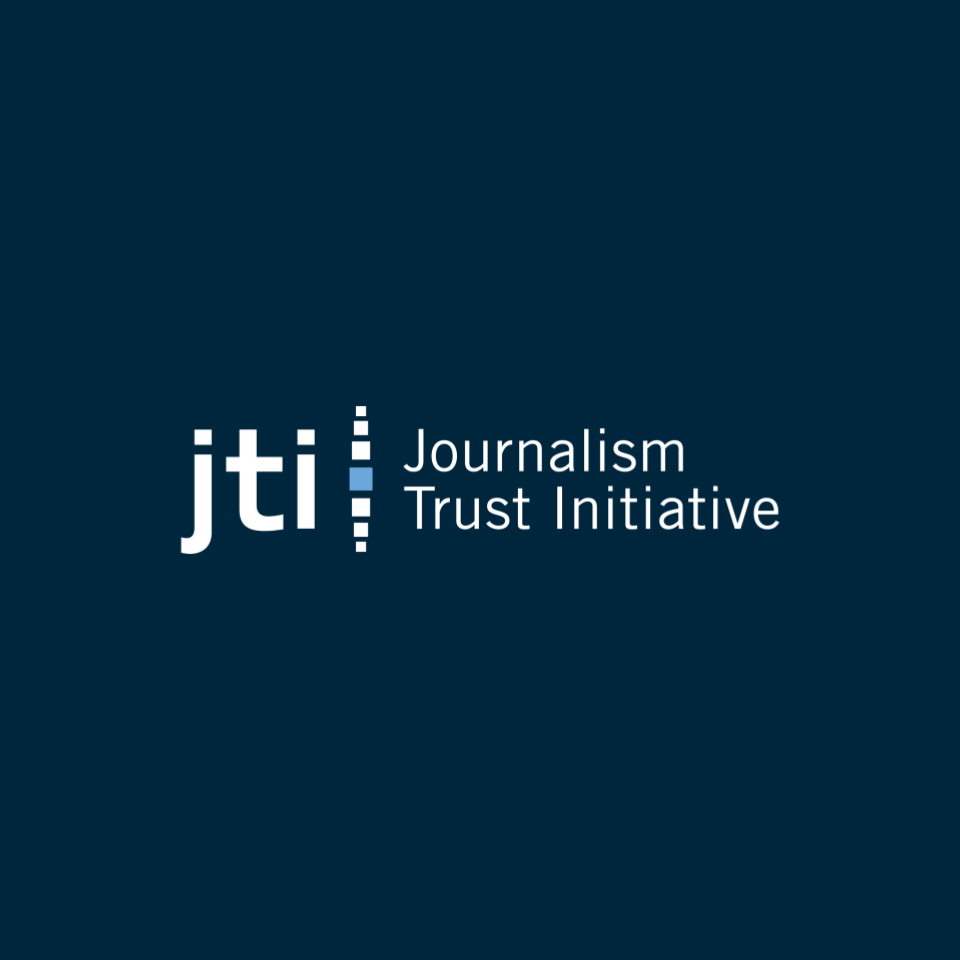Establishing a global, neutral standard for trustworthy media.
Why JTI
In our digital age, it has become increasingly difficult to distinguish information shaped by vested interests from that produced by independent and fair news professionals. An open and honest public debate, aimed at informing the general public, is more and more difficult to sustain, especially when propaganda and ‘fake news’ seem on the rise and trust in institutions and the media is declining. To face those challenges, in line with the fight for freedom of information, Journalism Trust Initiative is an international ISO-type standard that aims at concretely enhancing and safeguarding journalism worthy of this name, complying with ethical rules, approved journalistic methods, and guarantees of independence. We consider important to set up a transparent framework to promote principles of ethical journalism, both to provide guidance to the public and to encourage news sources to raise their professional norms and practices.
Journalism Trust Initiative supports the right of every human being to have access to free and reliable information.
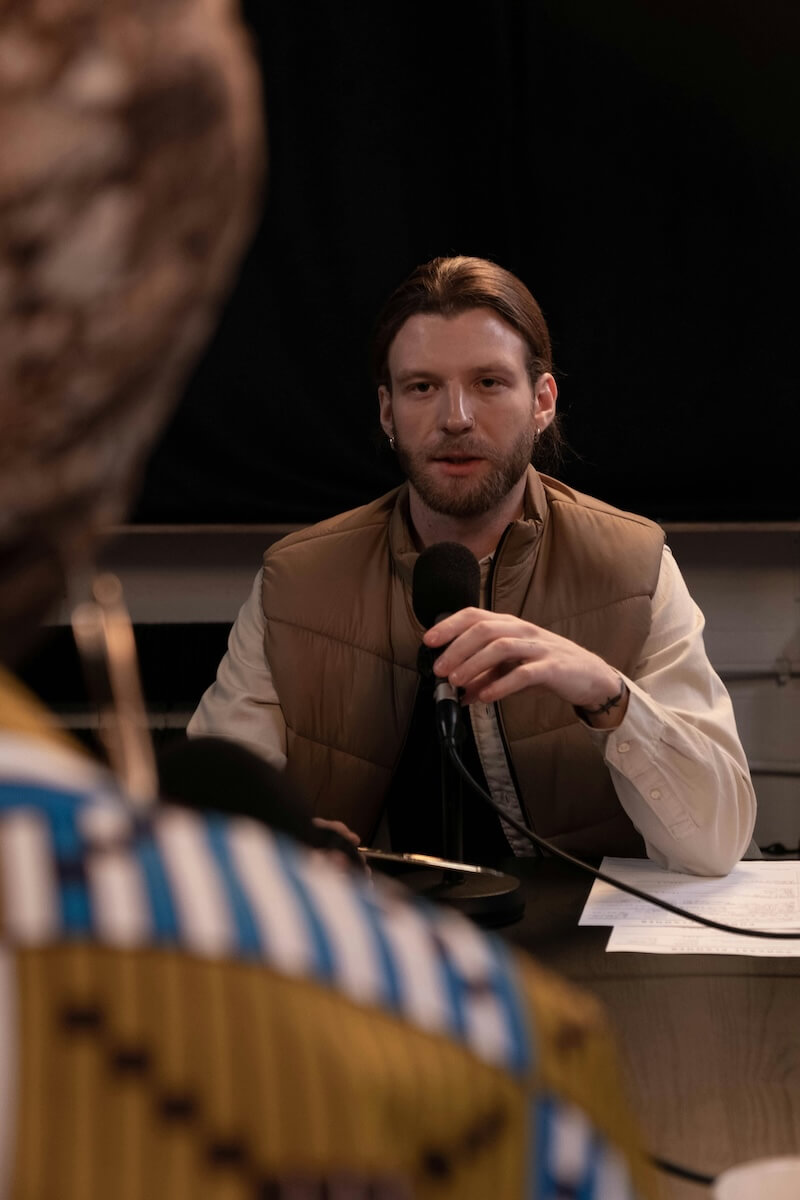
More than 2,400 media outlets across 127 countries participate in the Journalism Trust Initiative.


How does it work?
The path towards JTI certification entails:
- Discovering the standard: the news source consults the 130 criteria of the standard, presented in the form of a questionnaire via journalismtrustinitiative.org
- Self-assessment: the news source answers the 130 questions and identifies discrepancies with its practices. The media outlet can publish its Transparency Report.
- Certification: the news source requests an external, independent audit firm to conduct a certifying audit. The audit firm issues the JTI certification in case the news source complies with all the requirements of the JTI standard.
Benefits of the JTI certification
Service Providers & Media Outlets
Connection
Service providers &
Media Outlets
Service providers offer specialized training, funding opportunities, and technical support to media outlets, helping them meet JTI standards and improve their practices
01
Donors & Media Outlets
Connection
Donors &
Media Outlets
Donors use JTI-certified standards to direct funding to transparent, trustworthy outlets, while media outlets access more funding opportunities aligned with ethical practices
02
Certifiers & Media Outlets
Connection
Certifiers &
Media Outlets
Certifiers strengthen journalism standards by ensuring compliance with transparency and ethical principles, while media outlets gain trust and visibility
03
Tech Platform & Media Outlets
Connection
Tech Platforms &
Media Outlets
Use JTI standard as a criteria to favour trustworthy content though algorithmic indexation and increase visibility of compliant media
04
The story behind JTI
The idea of designing a self-regulatory mechanism applicable to all news sources worldwide in the form of an ISO-type standard was initiated by Reporters Without Borders. In April 2018, to develop the Journalism Trust Initiative standard, RSF brought together 130 experts from news organisations, journalist associations, publishers associations, regulatory and self-regulating organisations, academics, and other stakeholders in the news industry around the world. The process unfolded under the auspices of the European Committee for Standardization (CEN-CENELEC) and its French counterpart the French Accreditation Committee (COFRAC). The standard was validated and registered under the reference CWA 17493 in December 2019.

Developped by
130 experts from news organisations, journalist associations, publishers associations, regulatory and self-regulating organisations, academics, and more.

British Broadcasting Corporation (BBC)
The BBC is the public service media group of the United Kingdom

Agence
France-Presse (AFP)
AFP is the third-largest international news agency, providing fast, accurate,
and impartial news worldwide

Agencia EFE
EFE is the leading news agency in Spanish and the fourth largest in the world, with 82 years of experience

Radio télévision Suisse (RTS)
Radio Télévision Suisse (RTS) is a subsidiary of the Swiss Broadcasting Corporation (SRG SSR), the public service media association of Switzerland
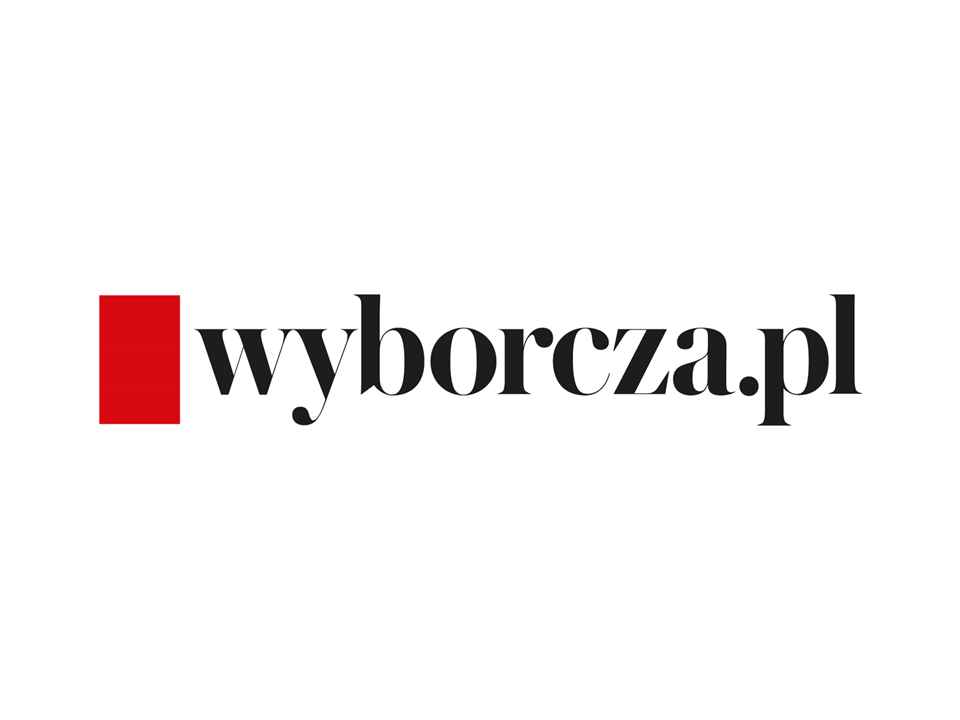
Gazeta Wyborcza
Gazeta Wyborcza is one of the leading daily newspapers in Poland
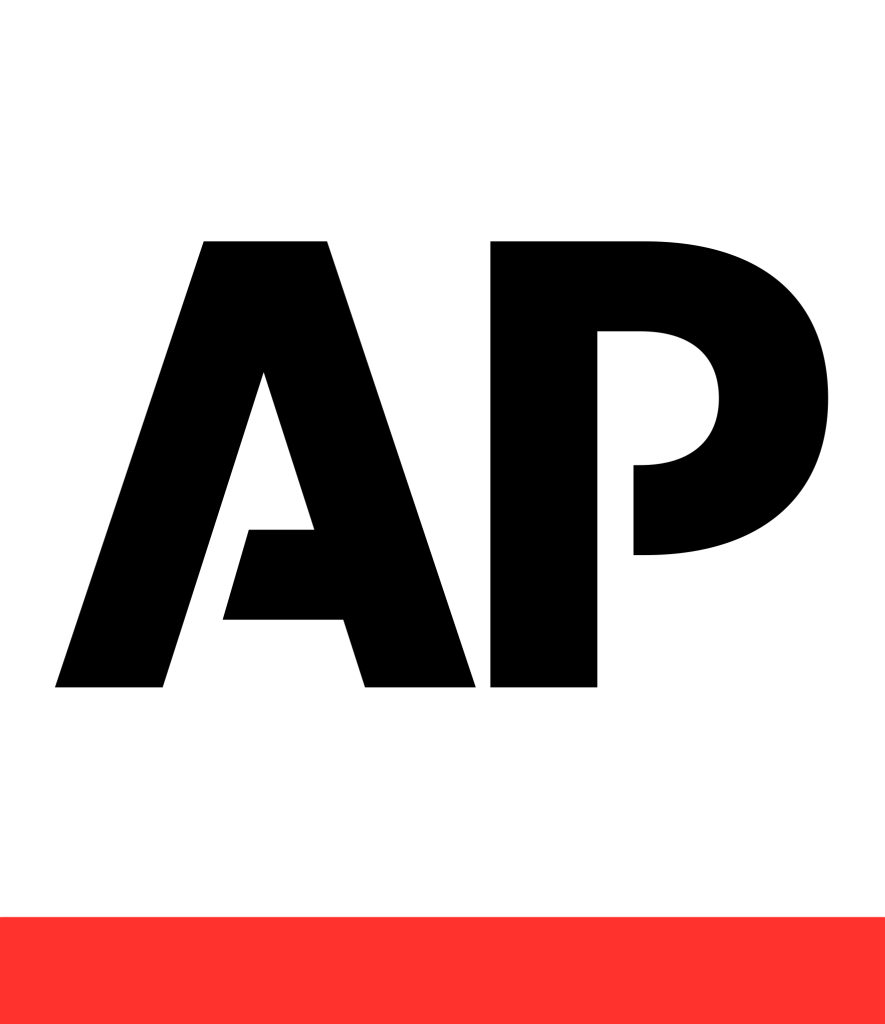
Associated Press (AP)
AP is an independent global news organisation
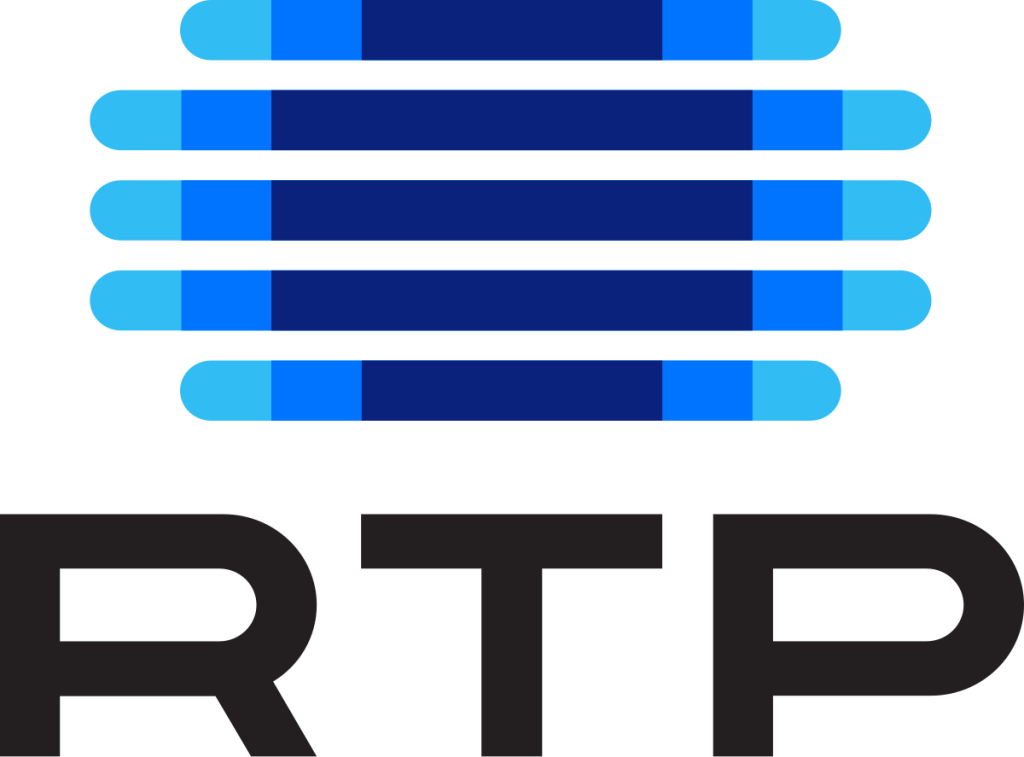
Rádio e Televisão de Portugal (RTP)
RTP is the public service broadcasting organisation of Portugal

France Télévisions
France Télévisions is public service television broadcaster of France

Tagesspiegel
Der Tagesspiegel is a German daily newspaper
Our Offices Around the World
With a global presence, RSF operates offices in key regions to support press freedom and journalism.
Offices
Brussels
Dakar
London
Paris
Prague
Rio de Janeiro
Taipei
Tunis
Washington, D.C.
Sections
Berlin
Geneva
Madrid
Stockholm
Vienna
Meet the Journalism Trust Initiative team
Funding partners
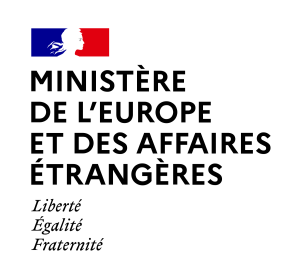
Ministry for Europe and Foreign Affairs (MEAE)
The French Ministry for Europe and Foreign Affairs defines and implements France’s foreign policy and cultural cooperation worldwide.
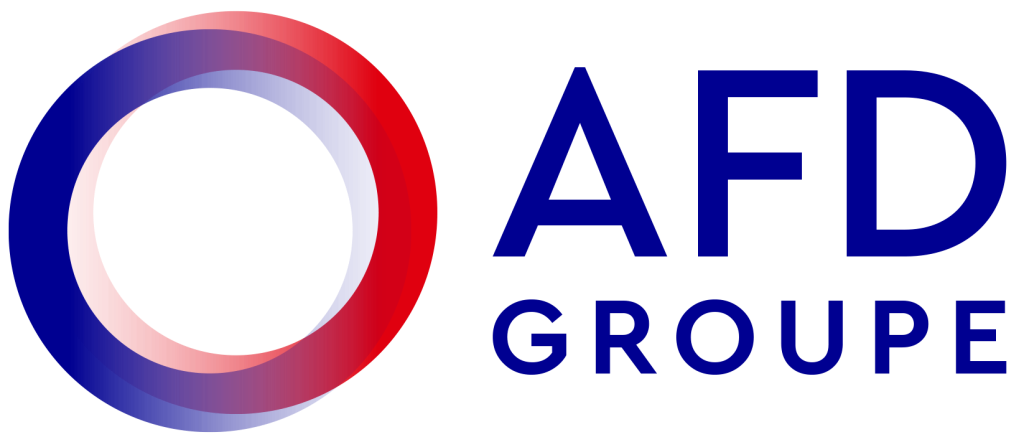
Agence Française de Développement (AFD)
The organisation advances global development by funding sustainability, civil society and crisis response projects in 115 countries.

European
Commission

UNESCO
UNESCO is a specialised agency of the United Nations aimed at promoting world peace and security through international cooperation in education, arts, sciences and culture.
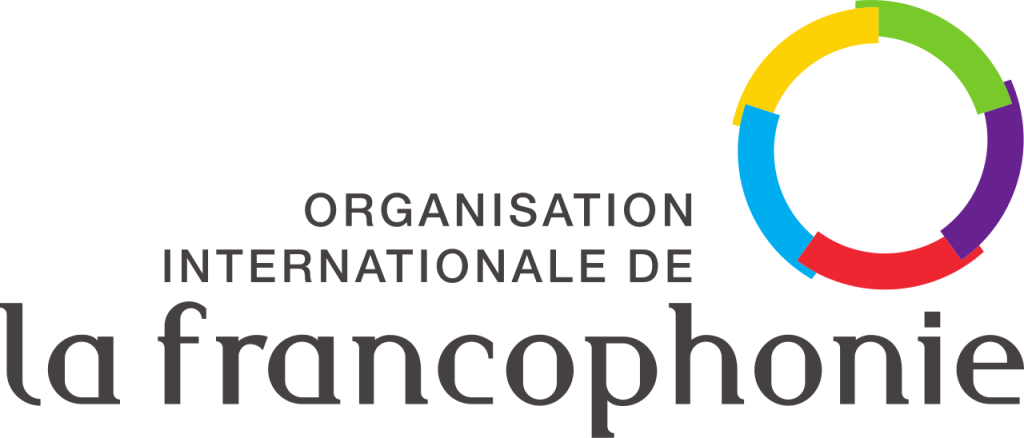
Organisation Internationale
de la Francophonie (OIF)
OIF is an intergovernmental organization uniting 88 member states to promote peace, democracy, human rights, education, research, economic cooperation, and digital inclusion.
Philanthropy partners
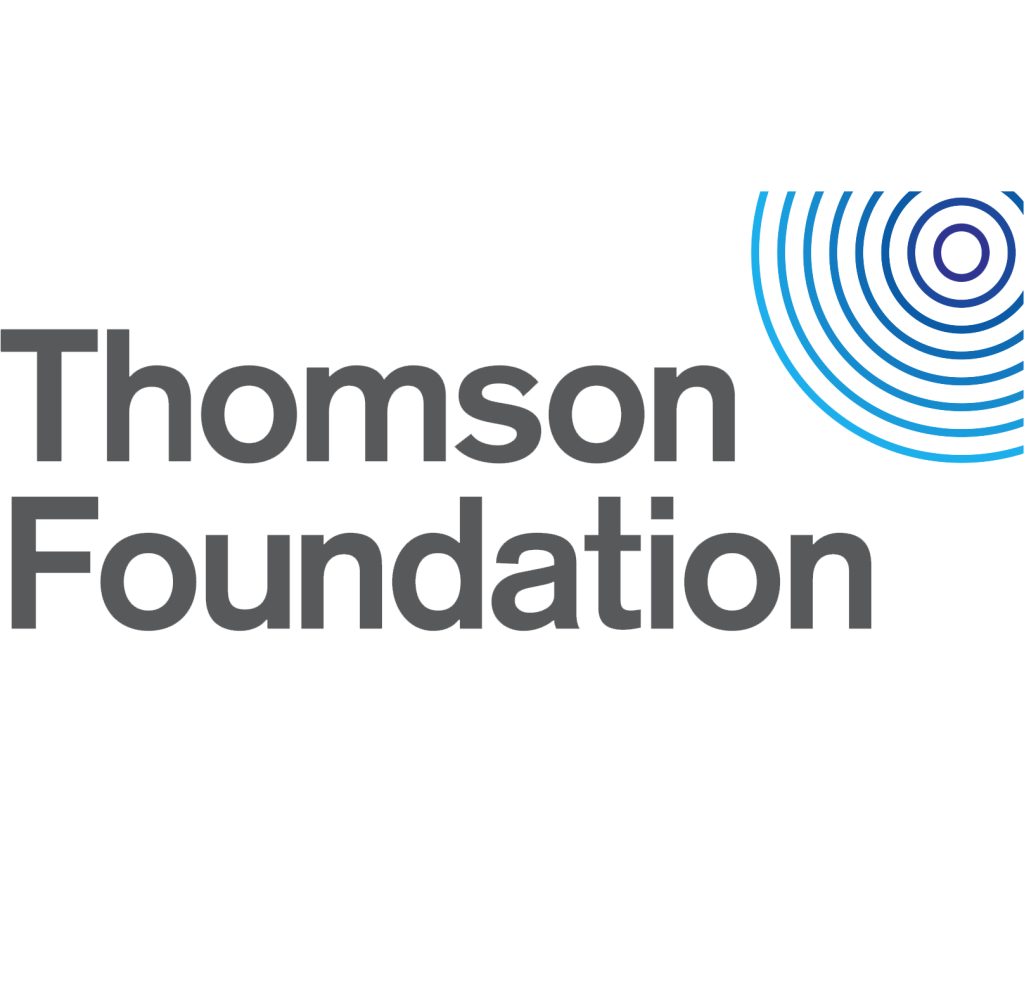
Thomson Foundation
Thomson Foundation champions integrity in journalism and media, supporting professionals and organisations committed to delivering fair, independent, and trustworthy information.
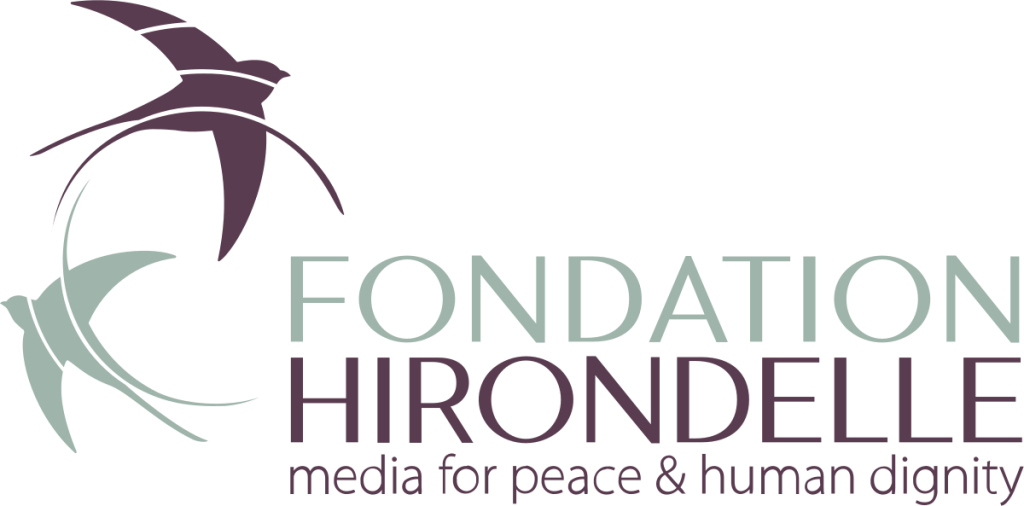
Fondation Hirondelle
Fondation Hirondelle is a Swiss non-profit that provides reliable information to populations in crisis zones.
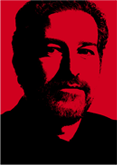
The Samir Kassir Foundation (SKF)
SKF is a Lebanese NGO promoting freedom of expression and independent journalism.
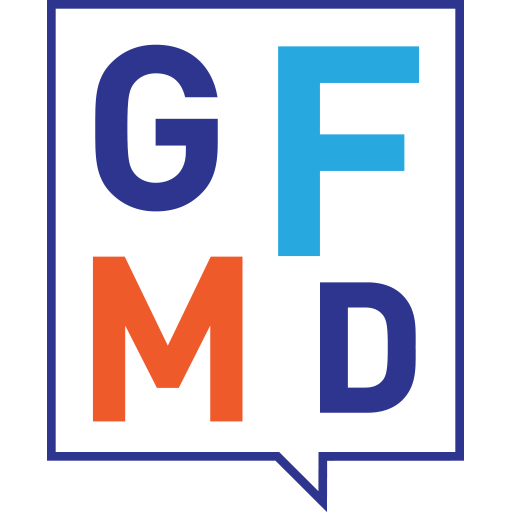
Global Media Defence Fund (GFMD)
The GFMD is a UNESCO-administered initiative established to support organisations in enhancing the legal protection of journalists and promoting media freedom worldwide.

The International Fund for Public Interest Media (IFPIM)
The IFPIM is a multilateral initiative established in 2021 to support independent journalism in ODA countries.
Canal France International (CFI)
CFI supports the journalists and citizens working for independent news, all over the world. Its aim is to optimise skills and media content to provide verified, reliable and diverse information.
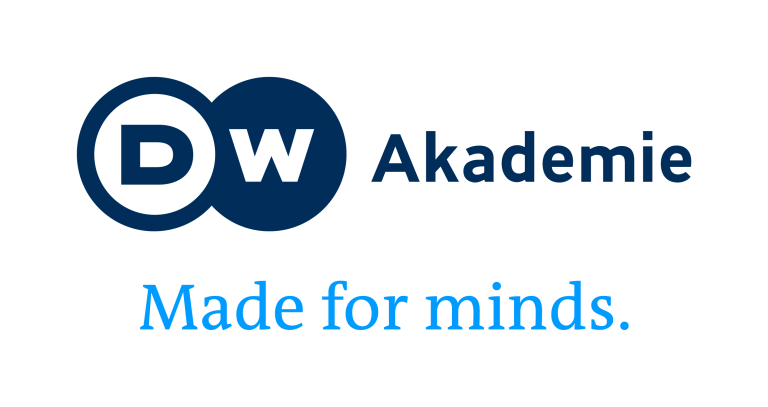
DW Akademie
DW Akademie promotes press freedom, supports independent journalism, and empowers people worldwide with access to reliable information and media literacy.
FAQ
How long does it take to get a certification?
Obtaining a JTI certification takes approximately 1 to 3 months. The process begins with a self-assessment via the JTI app,
which takes a couple of hours. Next, the public disclosure step, where results are published as a transparency report, happens immediately. Finally, the certification step, which is optional and involves an independent audit, takes 1 to 3 months to complete.
What is assested during the certification?
- Identity & Transparency – This includes aspects such as ownership, management directory, contact details, address, communication with the audience, sources of revenue, and data collection.
- Professionalism & Accountability – This covers the editorial mission statement, accuracy and correction processes, conflicts of interest, sources, internal and external accountability, and training.
Where to begin?
To begin with the Journalism Trust Initiative (JTI) certification process, you need to create an account on the JTI app.

